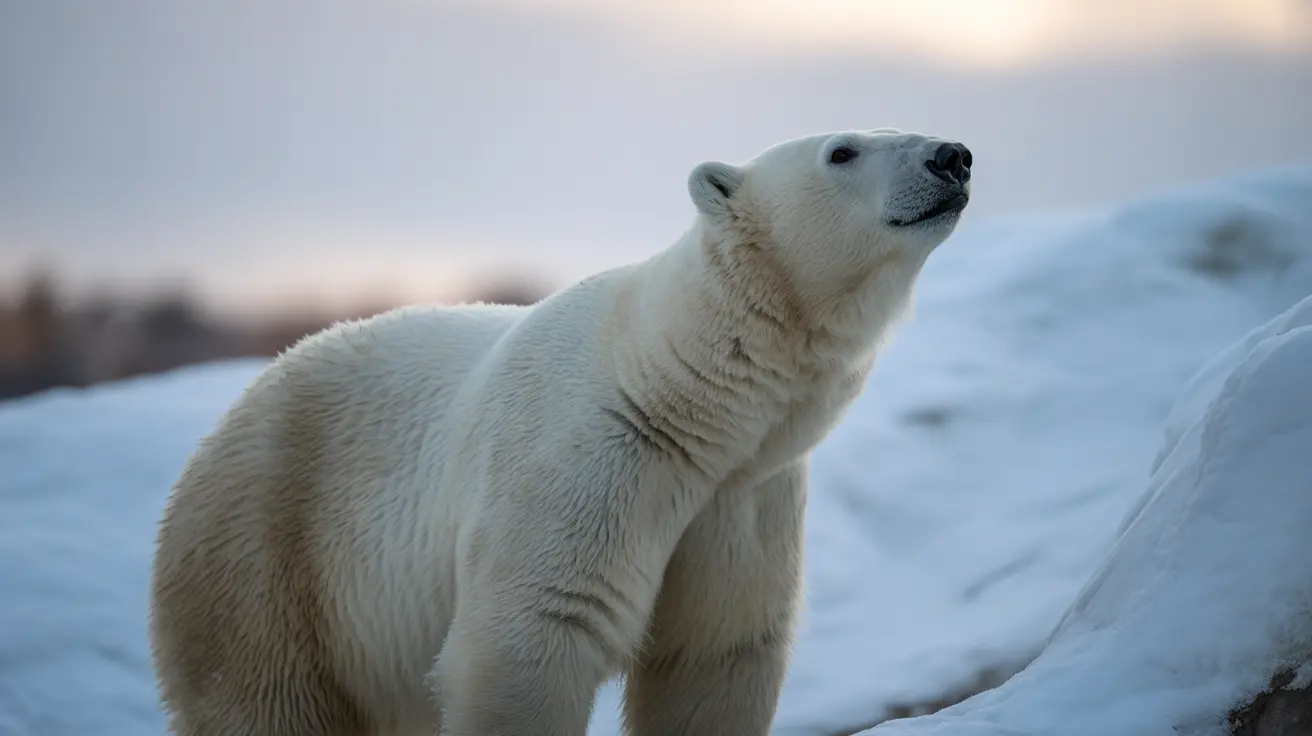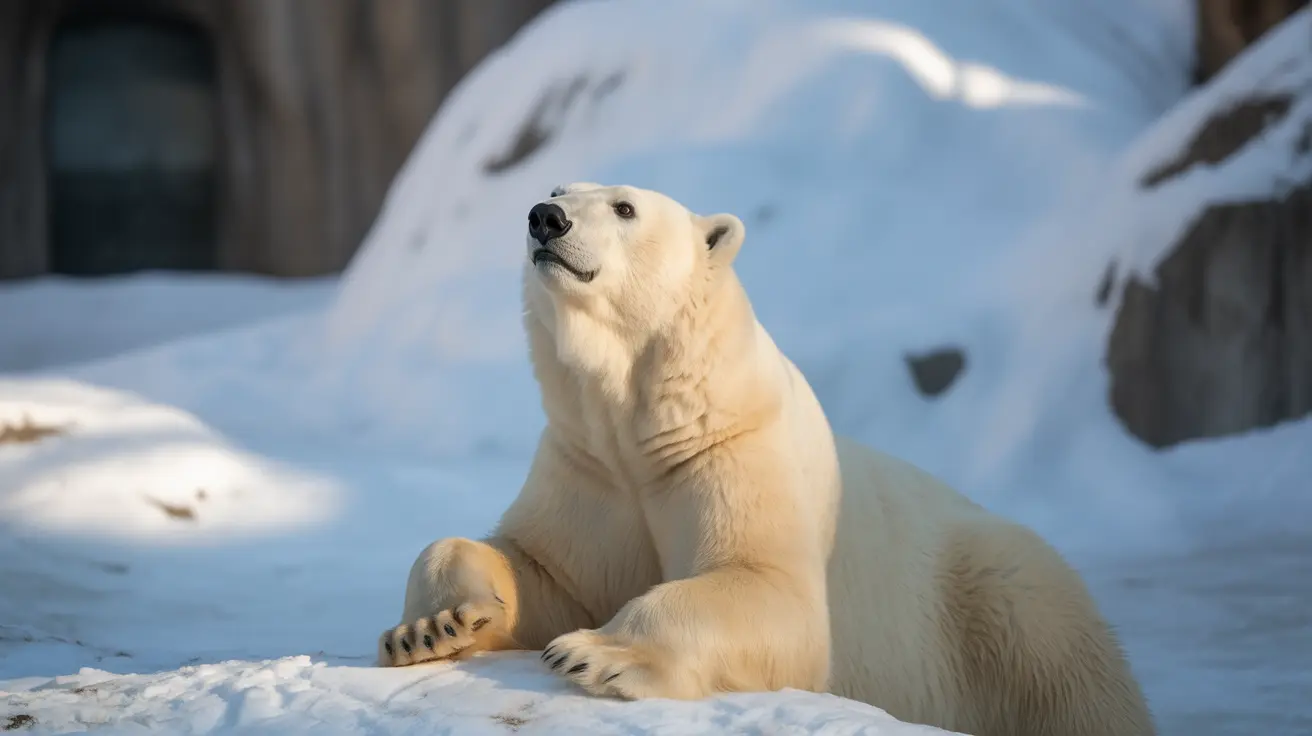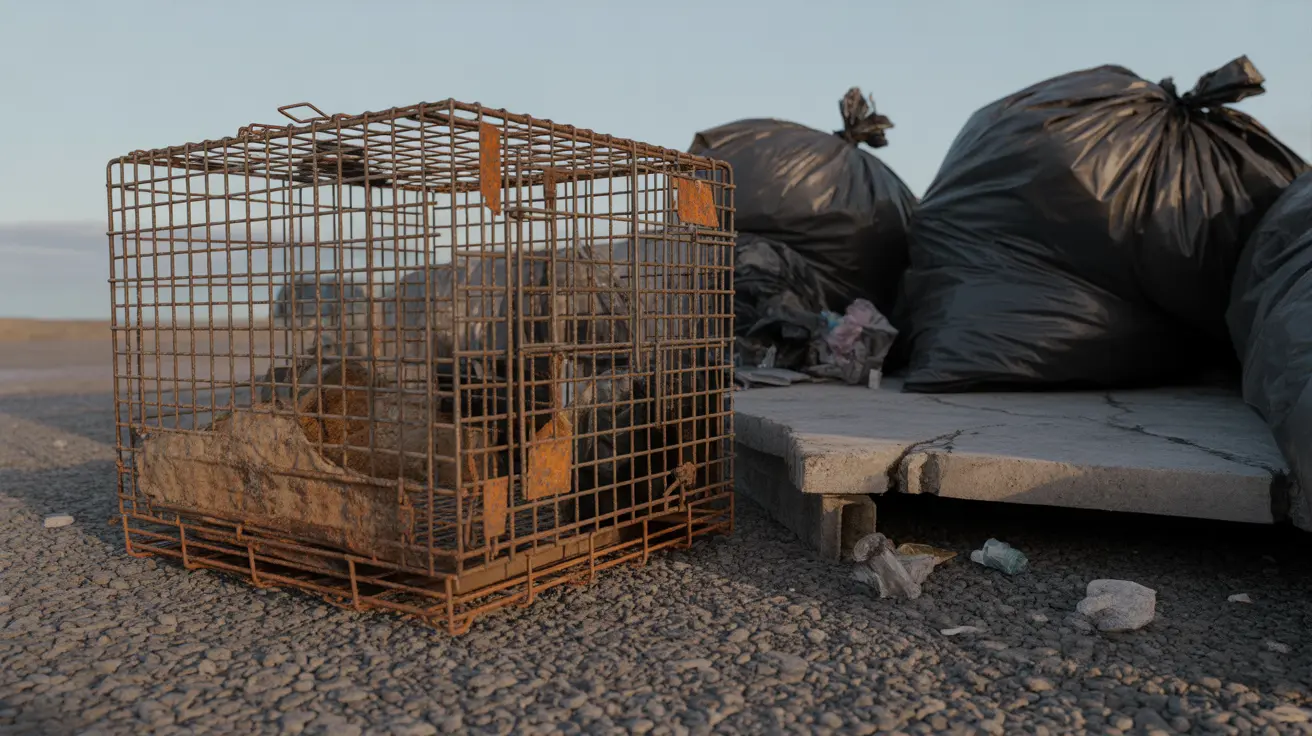Why Are Huskies So Vocal?
Siberian Huskies have a reputation for being some of the most expressive dogs around. If you've ever spent time with one, you know they don't just bark—they howl, whine, yelp, and even "talk" in ways that sometimes sound uncannily human. But why do Huskies make such a dramatic racket?
The Wolf Connection: Ancestry and Communication
Huskies' vocal nature is deeply rooted in their genetics. As pack animals with strong ties to wolves, they've inherited a robust set of communication skills. Wolves rely on howling and other sounds to coordinate within their packs, signal danger, or simply keep in touch across distances. Huskies were originally bred as sled dogs working in large teams, so effective long-distance communication was essential—not just with each other but also with their human handlers.
Emotional Expression: What Are They Saying?
These dogs don't just make noise for the sake of it. Each sound has meaning. Huskies vocalize to express a wide spectrum of emotions—joy when you come home, excitement before a walk, anxiety if they're left alone too long, or boredom when they want attention. Their howling often serves as a call to their "pack," especially when they're feeling lonely or experiencing separation anxiety.
- Howling: Used to communicate with pack members or respond to environmental triggers like sirens or music.
- Screaming: Indicates excitement, frustration, or a plea for attention.
- Whining: Shows stress, desire for something specific, or discomfort.
Barking is actually less common in Huskies compared to other breeds; they prefer more varied noises to get their message across.
The Husky "Talk": Mimicking Human Speech
One thing that sets Huskies apart is their tendency to "talk" to people. While they can't use language the way humans do, they're experts at mimicking tone and rhythm. Sometimes it really does sound like they're having a conversation with you! This mix of whines, yips, and drawn-out vowels can be funny—or downright dramatic—especially when they're resisting commands or demanding something.
Puppy Chatter: Early Vocal Development
Husky puppies start practicing their voices early on. They begin with cries and whimpers that gradually evolve into more complex sounds as they grow up. These tendencies aren't influenced by coat color or eye color; it's all about what's in their DNA.
Personality Differences: Not All Alike
While most Huskies love making noise, some are quieter than others. Personality plays a big role here—some individuals are naturally more reserved while others seem determined to be heard at all times. Many learn quickly that certain sounds get them attention (or treats), which only reinforces the behavior.
Sensitivity and Intelligence: The Drama Factor
Huskies combine high intelligence with emotional sensitivity—and sometimes stubbornness—which leads to especially dramatic reactions when things aren't going their way. If they're under-exercised or bored, expect an uptick in howling or "talking." Keeping them physically active and mentally stimulated helps channel this energy positively.
- Mental stimulation: Puzzle toys and training sessions work wonders.
- Physical activity: Regular walks, runs, and playtime keep boredom at bay.
Understanding Your Husky: Communication Is Key
If you want a strong bond with your Husky, pay attention not just to what they say but also how they move—their body language matters as much as their voice. Consistency in routines helps them feel secure. When your Husky uses appropriate vocalizations (instead of endless screaming), reward them with treats or praise so they know what works.
The Bottom Line
Siberian Huskies are among the most expressive breeds you'll meet. Their unique communication style comes from centuries of working closely in packs—and it's part of what makes them so special as companions today. Every sound has meaning; it's up to you to listen and respond thoughtfully.





